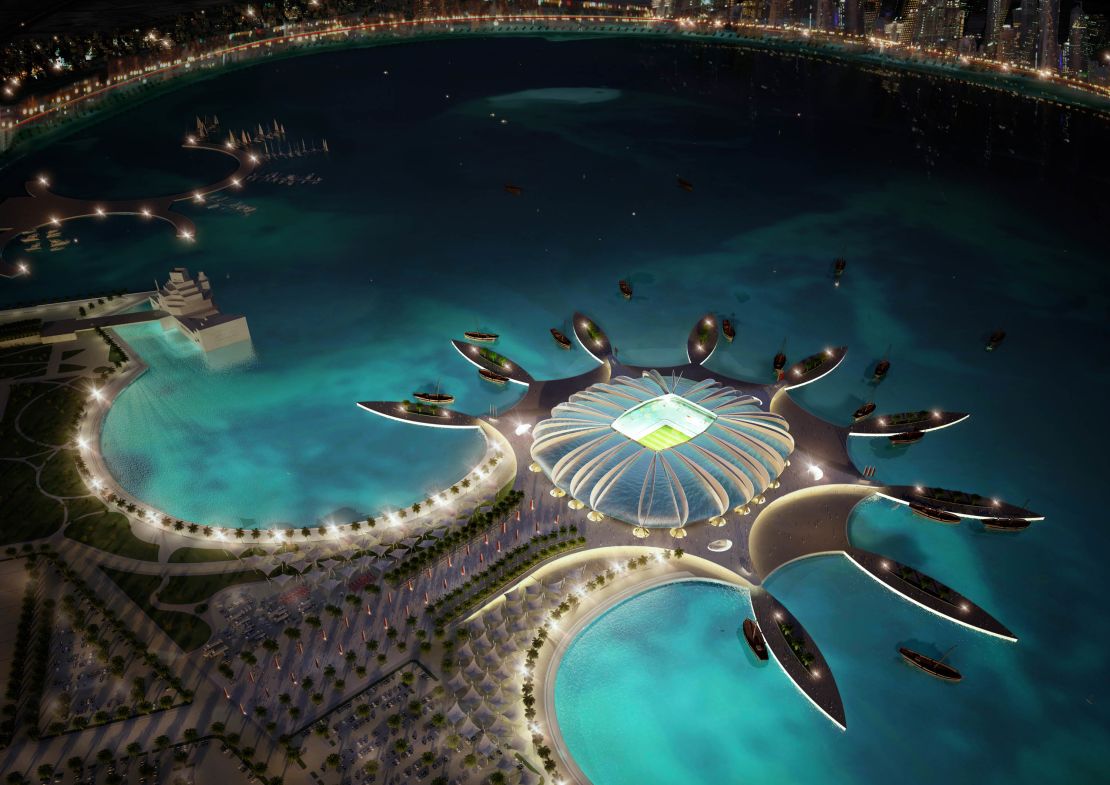Follow us at @WorldSportCNN and like us on Facebook
Story highlights
Qatar and UAE's wealth make them big players in football
The Middle East has spent $1.5billion on European football
Is football the next Silicon Valley?
In a bid to put Middle Eastern countries on the map, its businesses are putting their names on football shirts.
As the region’s nations establish themselves as sporting powers, countries such as Qatar and the United Arab Emirates have pumped millions into sponsoring football clubs.
A report published by Repucom states that in 2014 alone, brands from the UAE spent $163 million on shirt sponsorship deals.
It’s a level of spending matched by Qatar, with companies from the gulf kingdom investing an average of $49.1m on each shirt deal it makes with European football clubs.
According to professor Simon Chadwick from the University of Coventry, Qatar’s bid to establish global prominence through football is similar to the U.S. establishing itself within the technology industry.
“In the case of Qatar, its 2030 Industrial Vision has sport as a fundamental pillar of its strategic development as a nation,” he told CNN. “Just as the United States, through Silicon Valley, has positioned itself at the heart of the global IT industry, so sport is being used in the same way by emerging nations.”
The Middle East has enjoyed a rapid rise within the world of football, aided by Qatar’s successful bid to host the 2022 World Cup.

Football has now become a booming business in the region, but investors are tending to hand money to European clubs, not their own.
The Middle East has spent $1.5bn on acquiring stakes in European football clubs and billionaires from the region have purchased Manchester City and Paris Saint-Germain, helping to transform the English and French champions into European powerhouses.
Whilst these investments provide much needed financial stability for these clubs, they are also muscling out local sponsorship. It’s becoming more and more likely that European clubs will be owned by wealthy foreigners rather than local companies who have been hit hard by the global financial crisis.
Qatar and UAE weathered the economic downturn thanks to the oil industry, so are now set to lead expensive deals in the football world – and not just for the love of the game.
Read: Lionel Messi: The most expensive football player in the world?






